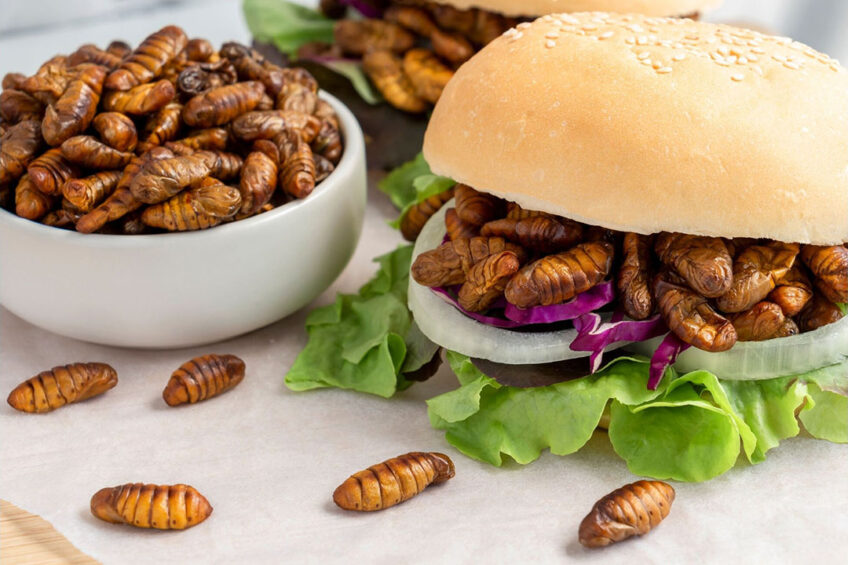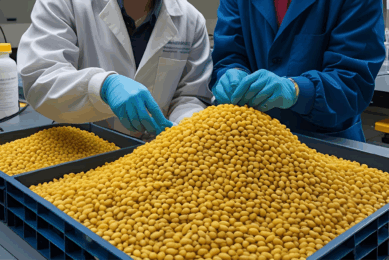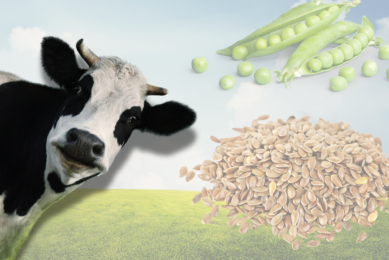Survey: 25% of UK consumers happy to try edible insects

Environmental and sustainability issues are the top reasons why UK consumers are happy to eat edible insects, according to research released by the Food Standards Agency (FSA).
Just over a quarter of those surveyed (1,930 adults) said they would try the insects, with 30% of those saying this was due to their concerns about the environment. This was slightly lower than the 34% who said they would eat lab-grown meat – 40% of those cited sustainability and environment issues as the reasons for doing so.
This important survey highlights that, while many consumers are considering trying alternative proteins, they will quite rightly only do so if they are confident that these products are safe and properly regulated.
What do consumers think of edible insects?
Exactly half of those surveyed believed edible insects were safe to eat compared to 77% of respondents who perceived plant-based proteins as safe while just 3 in 10 felt lab-grown meat was safe.
But 67% reported that nothing could make them try edible insects, while 1 in 8 (13%) could be persuaded if they knew it was safe to eat and 11% if they looked appetising.
The survey comes as the FSA reiterates its commitment to supporting food innovation, especially where there are potential benefits for dietary health, for protecting the environment or boosting the UK economy – but always with consumer interests and food safety as the top priority.
Supporting businesses entering the edible insect market
The FSA said it would be looking to bring together key industry stakeholders later this year to consider how businesses can be supported in entering the edible insect, cultured meat and plant-based protein markets. It is keen to guide them through their existing regulatory framework and risk analysis process for the introduction of new food products.
Potential of alternative proteins
Professor Robin May, FSA Chief Scientific Adviser, said he recognised the potential of alternative proteins for improving dietary health as part of a sustainable food system. “This important survey highlights that, while many consumers are considering trying alternative proteins, they will quite rightly only do so if they are confident that these products are safe and properly regulated.”
Prof May said last year that some insect proteins, such as ground crickets of freeze-dried mealworms were cheap, easy to farm, low in fat and have a lower environmental impact than meat. “And sometimes they may even provide a valuable “recycling” service, by consuming waste products as their primary feedstuff, so the potential advantages to society are significant.”
Last year, the European Union deemed the migratory locust and yellow mealworms as fit for human consumption.
Winning over the squeamish
Israeli firm Hargol believes it can win over the squeamish by adding different flavours to its gummies – made from locusts rather than soy or gelatine. In addition, the firm wants to introduce a range of energy bars, burgers and falafel balls to the Western European and North American markets.
Morrisons to replace soya with insects
The research findings are important for UK supermarkets, who are beginning to move into the insect market albeit for animal feed. Morrisons announced plans last month (Dec) to replace soya with insects on 10 of its free range egg farms.
The FSA commissioned Ipsos MORI to conduct the online survey of 1,930 people aged 16-75 living in England, Wales and Northern Ireland across 3 days in December 2021.











